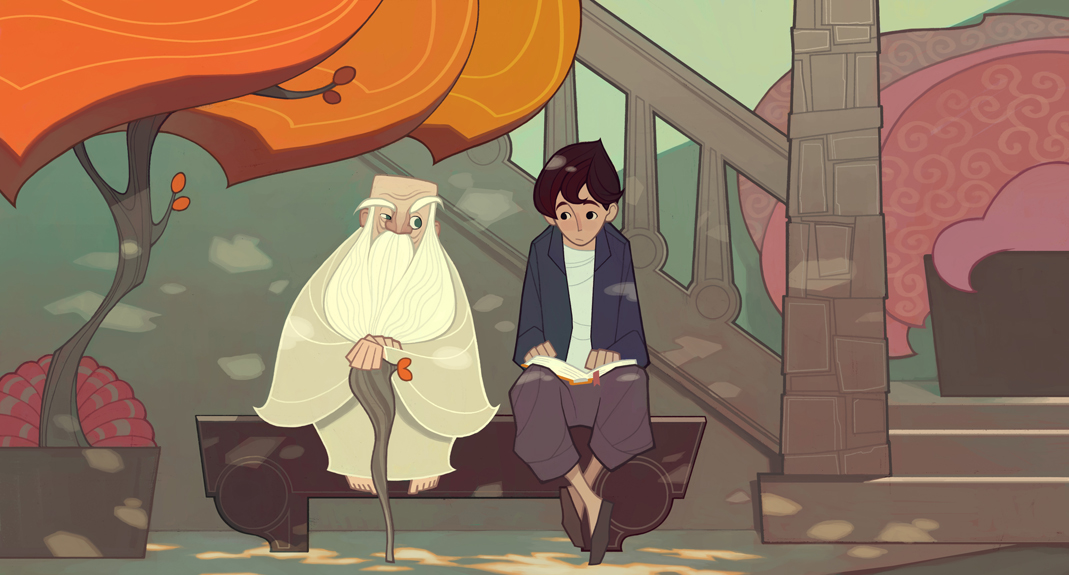

For instance, Cherry-Garrard’s account of a month-long trek with two companions to collect some emperor penguin eggs is an unforgettable depiction of endurance and suffering in unimaginable conditions. Their leader, Captain Scott, was beaten to the Pole by a Norwegian explorer, and those who reached the pole died on their return. As the title of his book hints, it didn’t go well. In 1910, a 24-year-old Cherry-Garrard joined a British expedition to the South Pole. Instead, you might try The Worst Journey In The World, a book in which the author spends no time at all trying to convince the reader of his own greatness. If those stories are new to you, you’ll be well entertained, but I wonder at its status as a modern day masterpiece. And for all its great moments, the narrative sometimes seems a little lazy and fraudulent-as I read, I feel too aware of the efforts the ghostwriter has made in collecting “the greatest tales of Keith Richards” and refreshing them at the source.

But his pettiness, and his cockiness and conceit about the wrong things, can be jarring at times it’s a book that somehow makes me sympathize with Mick Jagger. And I understand what’s to like: the life Life aims to represent has been an incredible one, and Richards affects a revelatory intimacy that, as you might wish, is both amiable and caustic. I’ve nodded along-or maybe plain lied in agreement-when people extol Keith Richards’s memoir, Life. Twain? -Caity Weaver, GQ writer and editor While Jim, the affable slave friend of Huck Finn, exclaims things like “Lawsy, I's mighty glad…,” Frederick Douglass makes observations like “I love the pure, peaceable, and impartial Christianity of Christ: I therefore hate the corrupt, slaveholding, women-whipping, cradle-plundering, partial and hypocritical Christianity of this land.” You were saying, Mr. It's also an invigorating revenge story: Douglass identifies slave owners by name and hometown, detailing their crimes with such specificity that their descendants will be embarrassed forever. Alternatively, read Frederick Douglass's firsthand account of slavery, which is equal parts shocking and heartbreaking. He did, as is evidenced by this, his book of tedious, meandering stories-but he also wrote a lot of richly entertaining meandering stories that are not constrained by the ham-fisted narration of a fictional backcountry child or suffused with his sweaty imitation of a slave talking. Hope you found a great new read to help you through your Harry Potter withdrawals! Though of course, there's nothing like the originals - check out this post to relive the magic of HP all over again.The worst crime committed by Adventures of Huckleberry Finn is that it makes first-time Twain readers think Twain wrote tedious, meandering stories. Just remember (to quote Dumbledore one last time - he’s a smart guy!), the written word truly is “our most inexhaustible source of magic."

But each creative, daring, magical book on this list will give you something brand new to appreciate, and something nostalgic to revisit again years from now. It may be impossible to ever completely fill the Harry Potter-shaped void in your soul. and she and Veronica (who’s also a witch!) must work together to save it. All that changes when Hannah realizes that a shadow of dark magic hovers over her town of Salem (of course). These Witches Don’t Burn is a sharp, contemporary tale of a young Elemental witch named Hannah, whose life is pretty much sunshine and rainbows (well, more like candles and crystals, but you get it), even if she does run into her ex-girlfriend Veronica from time to time. This one doesn’t come out until May 2019, but as we Potter fans know, it’s always nice to have something to anticipate.


 0 kommentar(er)
0 kommentar(er)
